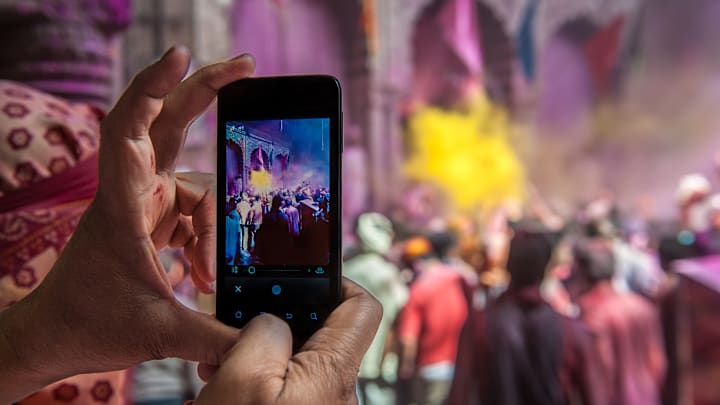The Impact of Digital Technology on Modern Travel: Opportunities and Challenges

Digital technology has revolutionized the way we travel, offering unprecedented opportunities and conveniences while also presenting new challenges. From the advent of online booking platforms and navigation apps to the rise of social media and digital travel guides, technology has transformed the travel experience in numerous ways. Understanding both the benefits and challenges of digital technology in travel is essential for navigating the modern landscape of exploration and adventure.
One of the key benefits of digital technology in travel is the ease and convenience it provides. Online booking platforms allow travelers to search for and book flights, accommodations, and activities with just a few clicks. This streamlined process saves time and enables travelers to compare options and find the best deals. Additionally, navigation apps and GPS technology make it easier to explore new destinations and find points of interest, enhancing the overall travel experience.
Social media platforms have also had a significant impact on travel, offering a wealth of inspiration and information. Travelers can share their experiences, connect with others, and access recommendations from friends, family, and fellow travelers. Platforms like Instagram and Pinterest provide visual inspiration and help travelers discover new destinations and activities. The ability to document and share travel experiences in real-time has created a sense of community and connection among travelers.
Digital technology has also enabled greater accessibility and inclusivity in travel. Online resources and travel apps offer information and services tailored to diverse needs, including accessibility features for travelers with disabilities and language translation tools for overcoming communication barriers. This increased accessibility helps to ensure that travel experiences are more inclusive and accommodating for all individuals.
However, the reliance on digital technology also presents challenges. The constant connectivity and information overload can lead to digital fatigue and diminish the sense of immersion in the travel experience. Travelers may find themselves preoccupied with capturing and sharing moments on social media, potentially detracting from the enjoyment of the present moment. Additionally, the over-reliance on technology can lead to concerns about privacy and data security, as personal information is often shared and stored online.
Another challenge is the potential for technology to exacerbate issues such as over-tourism. The ease of access to travel information and booking platforms can lead to increased visitor numbers at popular destinations, contributing to overcrowding and environmental degradation. It is important for travelers and destination managers to be mindful of sustainable practices and to balance the benefits of technology with responsible travel behavior.
In conclusion, digital technology has significantly transformed modern travel, offering convenience, inspiration, and accessibility while also presenting challenges related to digital fatigue, privacy, and over-tourism. By leveraging the opportunities provided by technology and addressing its challenges with mindful and responsible practices, travelers can enhance their experiences and contribute to a more sustainable and enjoyable travel landscape.